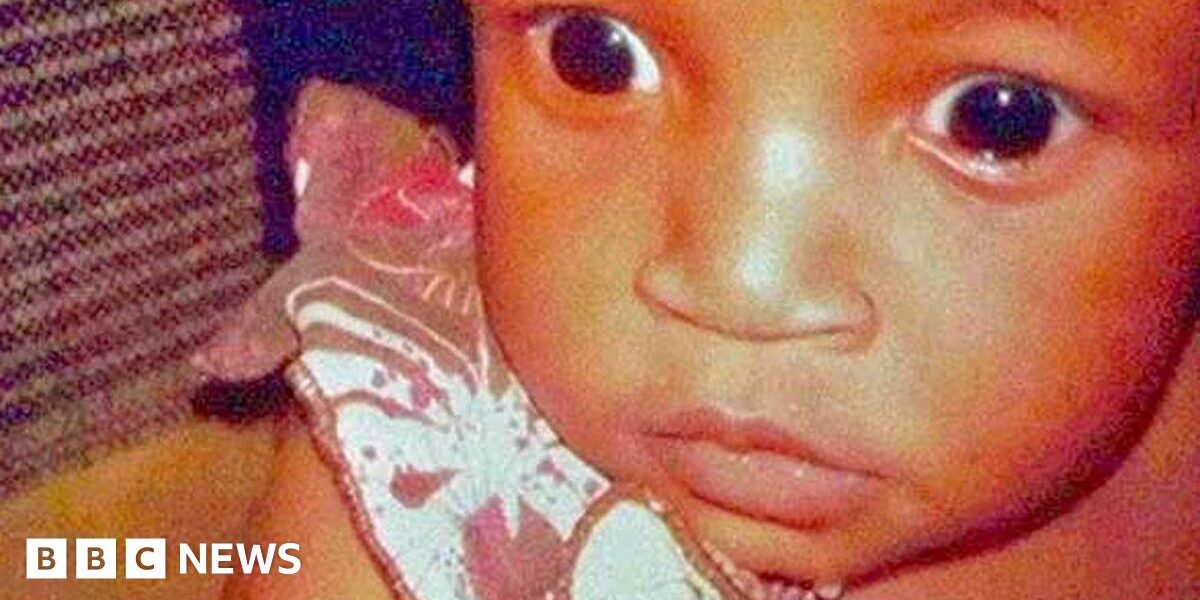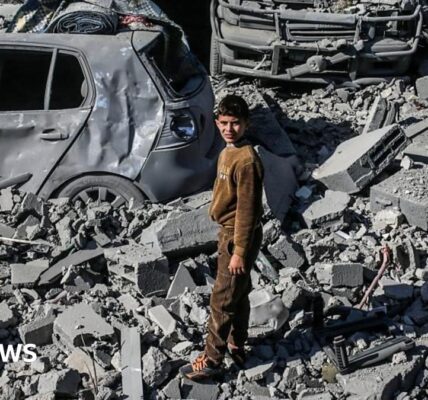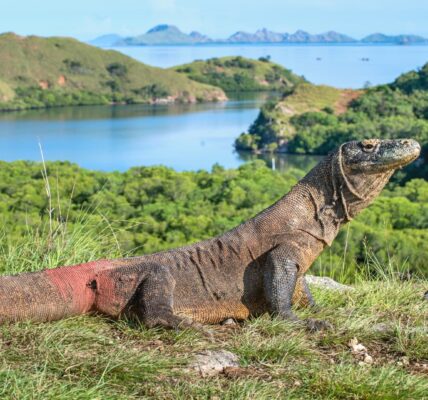But those involved in the case find the delays troubling.
“It was the Office of the DPP that initiated this case, and they were the ones that reached out to us several years ago. They asked us to join a victim support group that was essentially established to make sure that they would have witnesses for their case,” Irungu Houghton, head of the rights group Amnesty International Kenya, tells the BBC.
After initial investigations, the DPP at the time, Nurdin’ Hajji, initiated a public inquest into the death of baby Samantha. The judge found the police culpable.
Subsequently, the public prosecutor ordered further investigations into other cases resulting from the police operation of August 2017, and brought in independent constitutional investigative bodies, civil society and the UN High Commissioner for Human Rights.
The probe uncovered evidence which the DPP said pointed to “the systematic use of violence, including killing, torture, rape and other forms of sexual violence, against civilians, all of which constitute serious human rights violations and crimes against humanity”.
In October 2022, the prosecutor then sought to have the suspects charged, for the first time in Kenya’s history under its International Crimes Act.
Those to be charged include commanders deemed liable because of their responsibility as superior officers – another first for Kenya.
In September 2023 a new DDP took office, Renson M Ingonga, but there has been little movement in the case since.
There appears to be “an unwillingness to try to prosecute this case,” says Mr Houghton.





